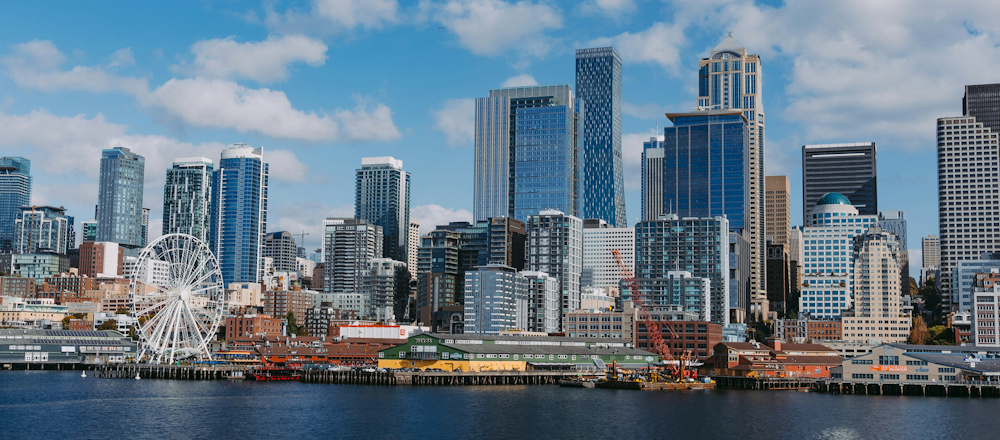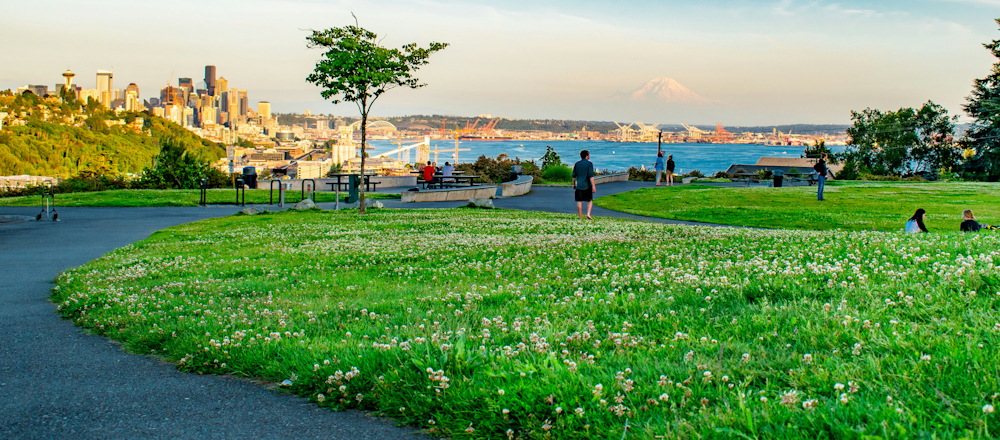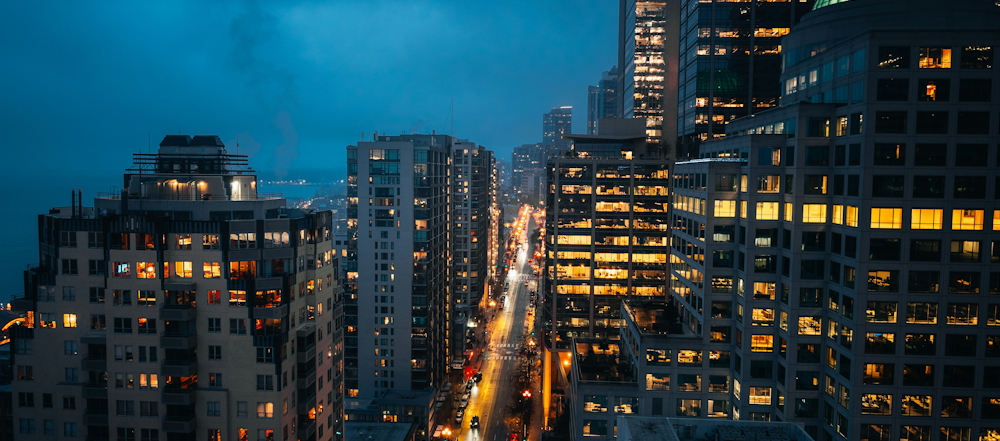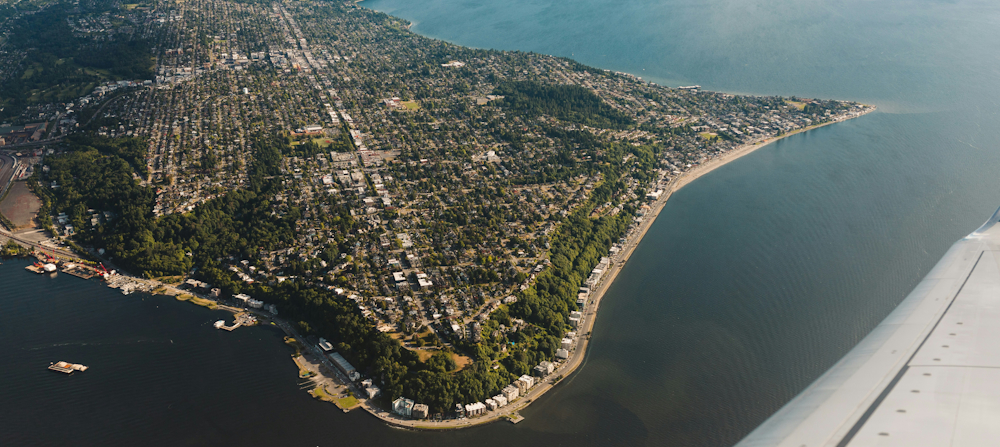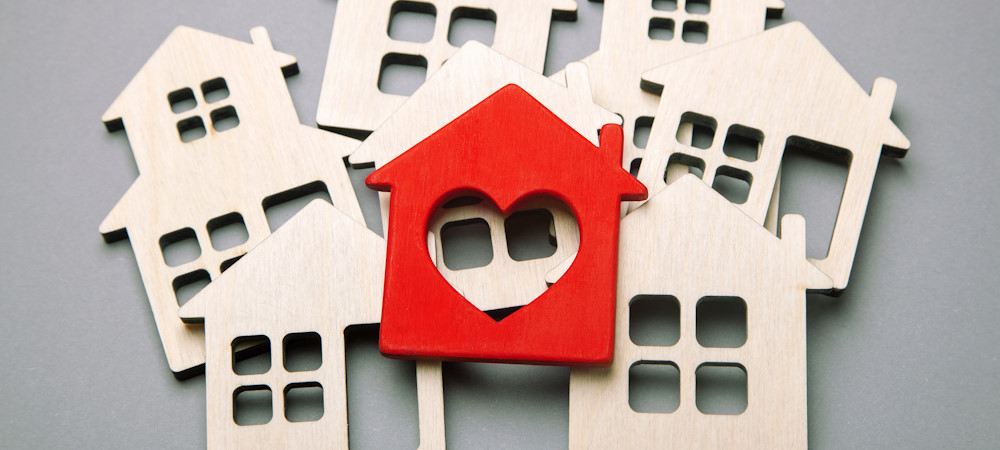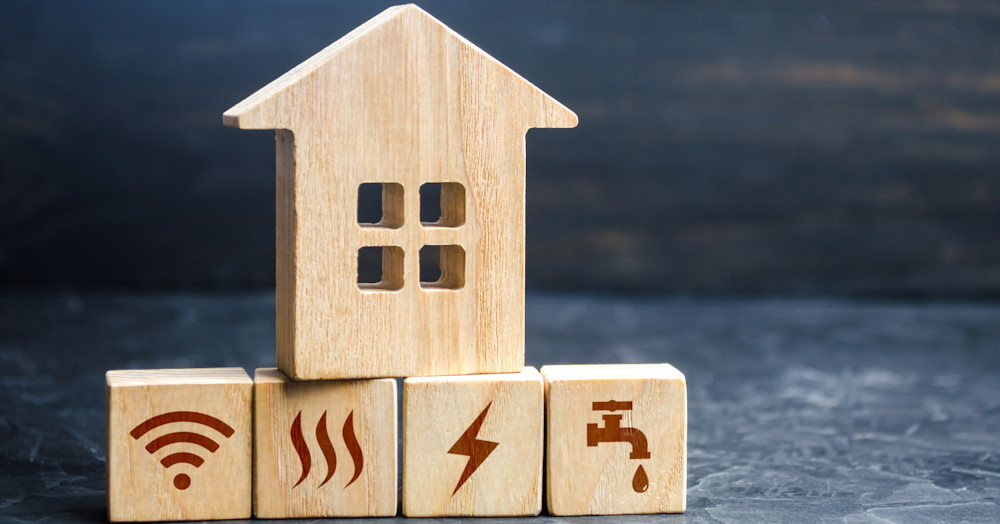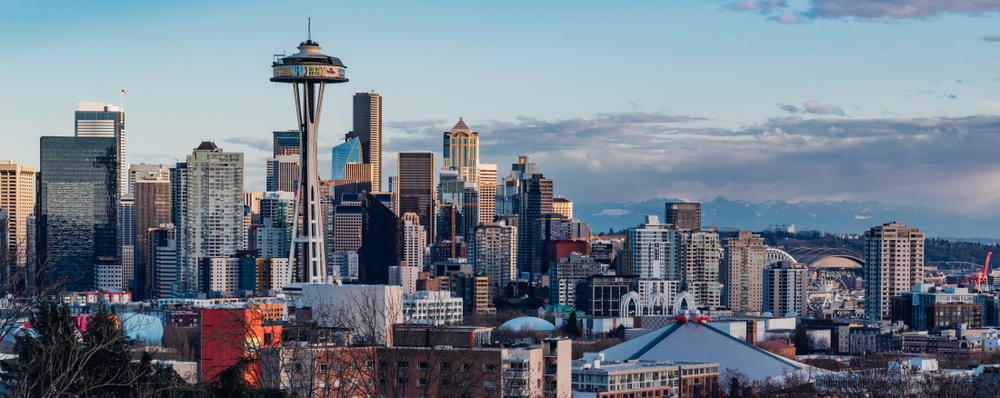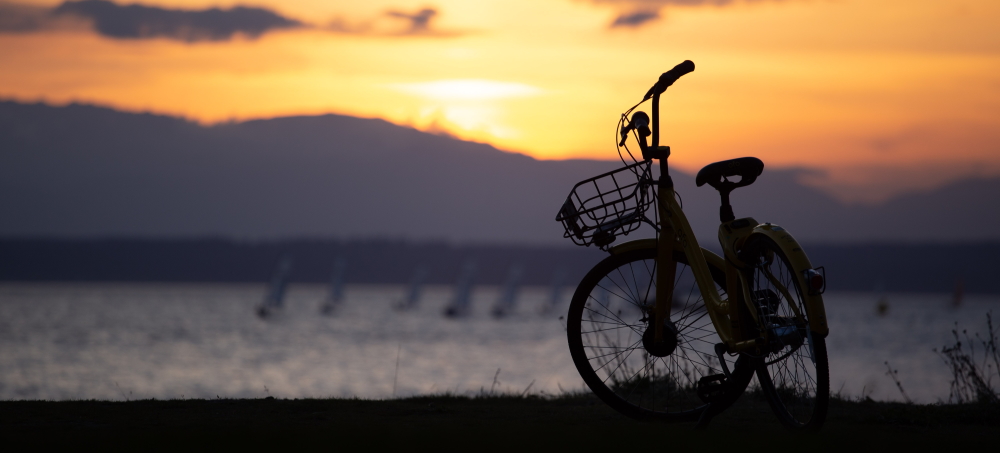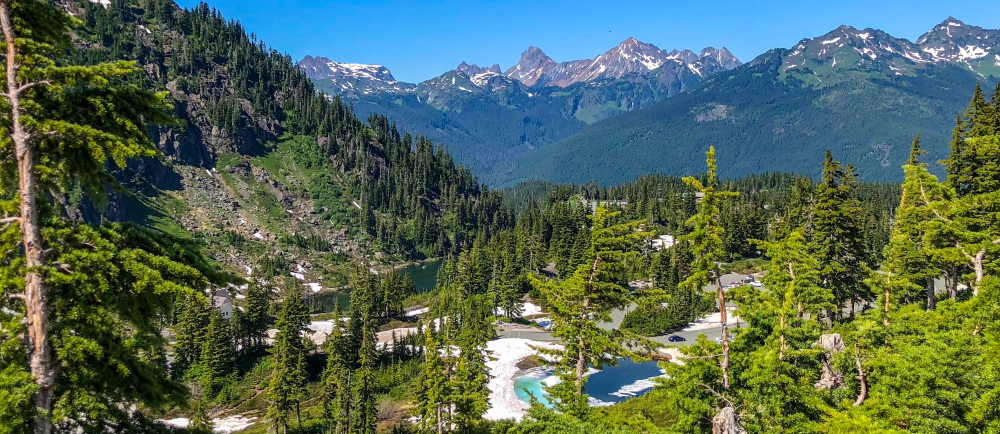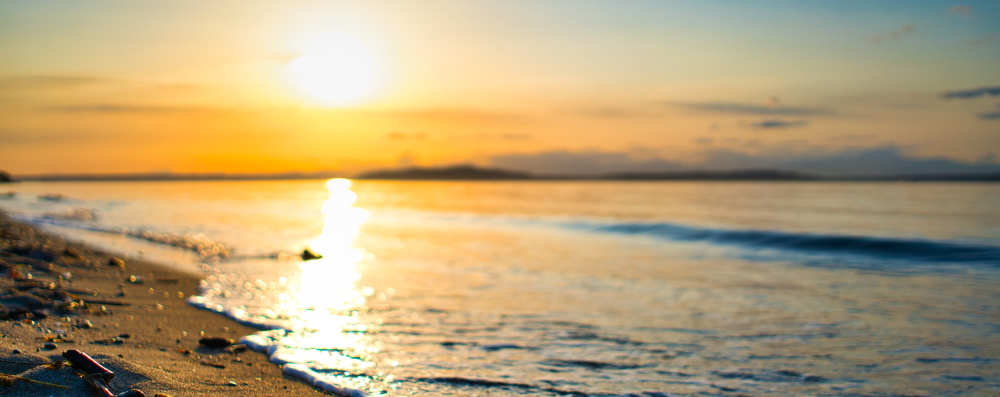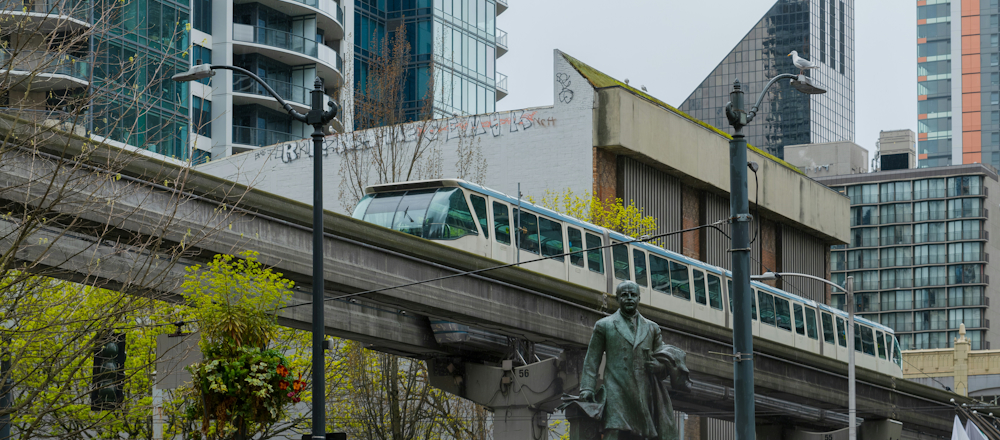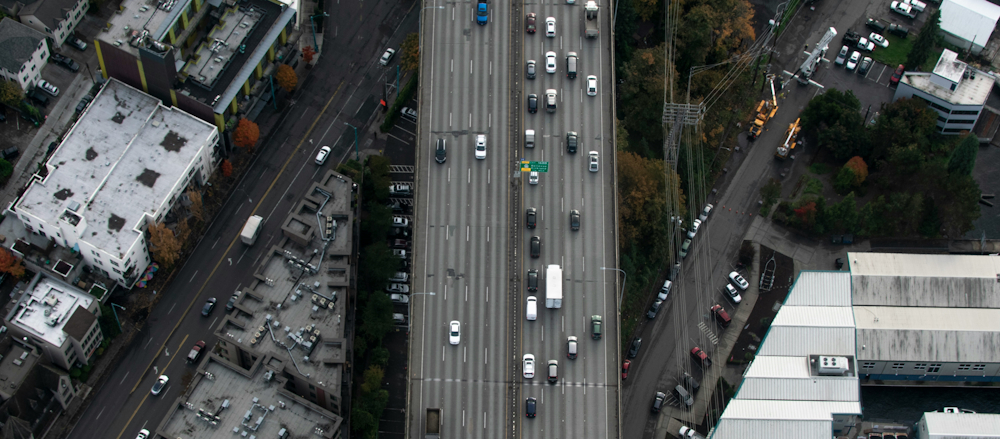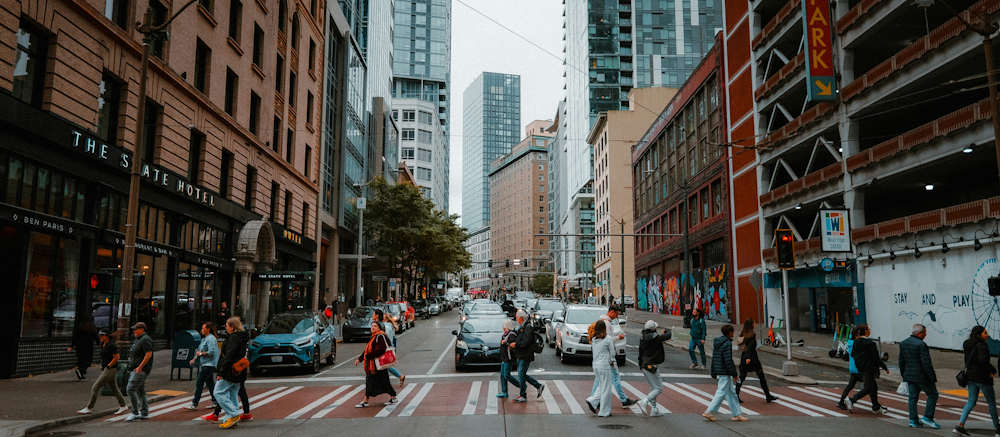Living in Seattle as an expat
Moving to Seattle plants you in a picturesque city, tucked into Washington’s Puget Sound region. Expats living in Seattle will discover a life split between a high-tech, innovative economy and a genuine love for the outdoors. The city also boasts a lively arts scene and a world-famous coffee culture.
New arrivals should be aware of the ‘Seattle Freeze’. This is a well-documented social phenomenon where locals are polite and correct, but can be reserved and difficult to befriend. Building a social circle here often takes more deliberate effort, such as joining professional groups or clubs for a specific hobby.
That said, many expats find they can strike a healthy work-life balance. They often enjoy the city’s parks and waterways after hours. The social scene can be a slow burn, but the quality of life is a major draw.
Working in Seattle
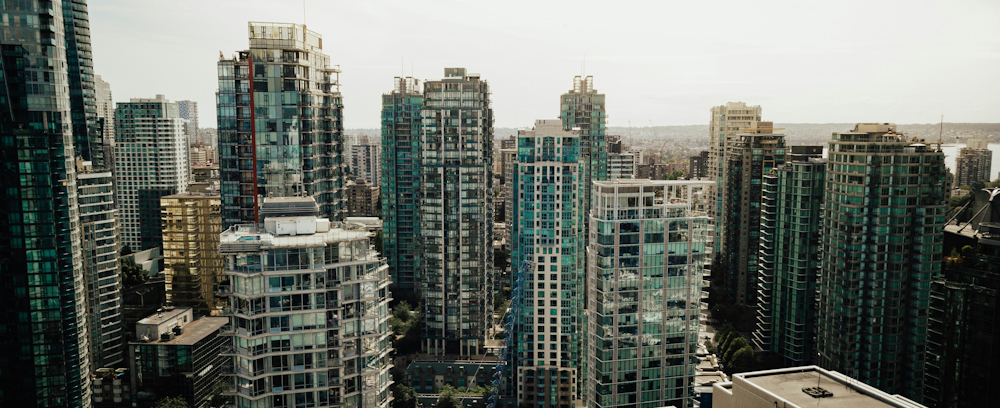
Working in Seattle means stepping into one of the world’s major economic hubs. While it’s globally known as a tech powerhouse, home to giants like Amazon and Microsoft, the economy is diverse. Other primary industries include aerospace, life sciences, global health, and retail. The Port of Seattle is also a major gateway for trade with Asia and Alaska.
The work culture is generally regarded as innovative and highly educated, although it can also be competitive. Networking is often a structured affair. Many find success through industry-specific events and university alum groups. Organisations like the Seattle Metropolitan Chamber of Commerce are also useful. Many professionals are drawn to the Downtown and South Lake Union areas, which offer a fast-paced atmosphere close to major office buildings.
Lifestyle in Seattle
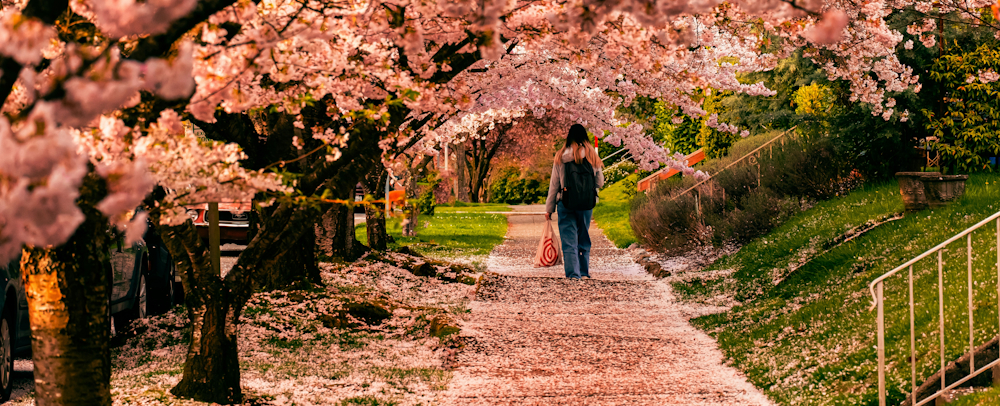
The lifestyle in Seattle is a constant interplay between urban culture and the great outdoors. Daily life is famously fuelled by coffee. Beyond the original Starbucks, you’ll find a noted ‘third-wave’ coffee scene, where independent roasters and cosy cafés serve as community hubs.
On sunny days, the city empties out as locals head for the water. You’ll find plentiful opportunities for sailing and kayaking. You can also just enjoy a picnic by Lake Washington. This love for nature also extends to the mountains that frame the city, with excellent hiking just a short drive away. In winter, this translates to skiing and snowboarding at nearby resorts.
The city’s neighbourhoods each offer a different flavour. Downtown provides high-end retail and theatre, while areas like Capitol Hill and Ballard are known for their independent boutiques and craft breweries, which in turn create a buzzing nightlife.
Shopping, Nightlife and Entertainment in Seattle
Finding accommodation in Seattle
When finding accommodation in Seattle, you will find a great variety of housing, from slick high-rise apartments to quirky loft conversions and classic family homes. There are many lovely neighbourhoods, but be prepared for a high price tag. Housing in Seattle doesn’t come cheap. This is driven by the city’s strong economy, a steady influx of affluent tech workers, and a surge in new luxury developments.
The rental market is competitive and moves quickly, especially in desirable areas. You will need to have your documents in order to apply. This typically includes proof of income (often two to three times the monthly rent) and a holding deposit. A US credit history check is standard. Expats without one may need to negotiate with landlords. This often means providing a larger deposit or a letter of employment.
Before signing a lease, be sure to ask about parking. In many neighbourhoods, a dedicated spot costs an extra monthly fee, and street parking requires a Resident Parking Zone (RPZ) permit.
Areas and Suburbs in Seattle
Accommodation in Seattle
Cost of living in Seattle
The cost of living in Seattle is high. It is consistently ranked among the most expensive cities in the United States. Aside from the cost of accommodation, you’ll also notice that daily expenses like groceries, dining out, and transport really add up.
On the plus side, the city’s thriving job market means high-earning professionals can often command salaries to match. The real silver lining for many is Washington’s tax system: there is no state income tax. This is a major financial boon and can increase your spending power. This benefit is somewhat balanced by a high local and state sales tax, which you’ll see added to most goods and services at the till.
Living in Seattle with children
Living in Seattle with children is a popular choice for many. The city is generally considered safe and provides access to state-of-the-art healthcare. There are plenty of sights to delight young and old. During the summer months, family life in Seattle moves outdoors. The city is full of natural splendours, from its lakes to its forests, which provide endless weekend adventures.
One major consideration for parents with young children is childcare. Be warned: it is notoriously expensive and competitive. Waiting lists for reputable daycare centres can be very long. It is wise to start your research and apply for a spot well in advance of your move.
Finding a school in Seattle
Finding a school in Seattle is a major part of settling in, as your home address often dictates your options. The city is served by Seattle Public Schools (SPS), which assigns students to a ‘neighbourhood’ school based on their home address.
While an ‘assignment school’ is guaranteed, the district also runs a ‘School Choice’ lottery system. This allows you to apply for other, more popular schools or specific programmes, but a spot is not guaranteed. The reputation of public schools varies dramatically across the city. This makes researching specific school performance a key step before you sign a lease on a home.
Due to this variability, many families opt for the city’s extensive private school system. You’ll find a wide range of independent, parochial, and alternative schools. You’ll also find several international and language immersion schools, such as the French American School of Puget Sound and the German International School Seattle, which cater to the expat community.
Education and Schools in Seattle
Getting around in Seattle
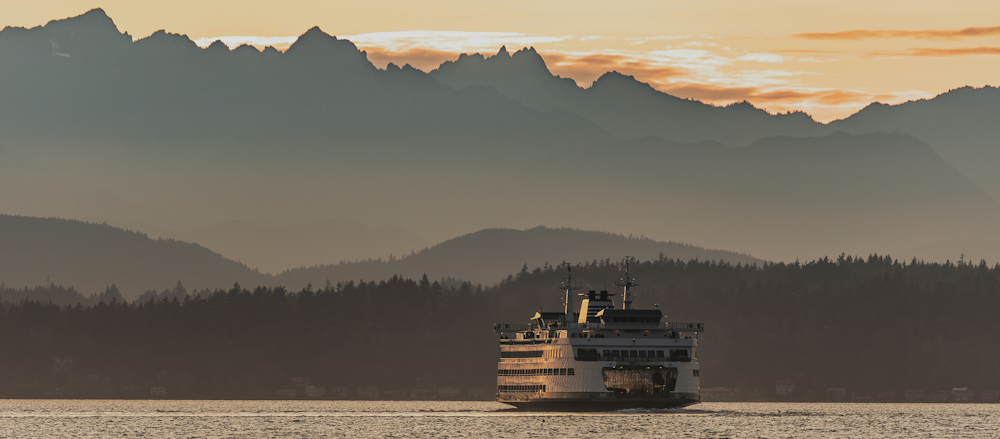
When it comes to getting around in Seattle, whether you need a car is a hot topic. It can be optional if you live and work in dense urban neighbourhoods like Downtown or Capitol Hill. For most, especially families in outer suburbs, a car remains a must.
The public transport network is well developed. It’s anchored by King County Metro’s bus system (including electric trolleybuses) and Sound Transit’s Link light rail, which offers a fast track past the traffic. The all-in-one ORCA card is your key to tapping on and off buses and trains, and even on the iconic Washington State Ferries.
Be warned: driving can be a slog. Seattle is known for its congestion. What looks like a short distance can take a long time during peak hours. Walking and cycling are also popular, but you’ll have to contend with the city’s famously steep hills and, of course, the rain.
Transport and Driving in Seattle
Climate and weather in Seattle
The climate and weather in Seattle are famous for one thing: the rain. This is more of a constant, light drizzle (known locally as the ‘big dark’ in winter) than a tropical downpour. This might take some getting used to, but the perk is a beautifully green landscape year round.
You’ll quickly learn that locals don’t use umbrellas; a high-quality waterproof jacket is the uniform. The winters are long, grey, and damp rather than truly cold. Temperatures hover in the 30s°F and 40s°F (around 0°C to 5°C). Snowfall is rare but can snarl up the city when it happens.
Conversely, summers are the city’s best-kept secret. From July to September, you can expect sunny, dry, and mild weather. Temperatures are pleasant, typically around 75°F (24°C), and this is perfect for enjoying the region’s outdoors.
If you're planning to move to Seattle, be prepared for a trade-off. You’re stepping into a major economy for tech and innovation, with the outdoors at your door. In exchange, you’ll be dealing with a high cost of living and a famously reserved social scene. You’ll also face more than a few grey, drizzly days. For those who can get through the challenges of living here, most report that the reward is well worth the effort.
